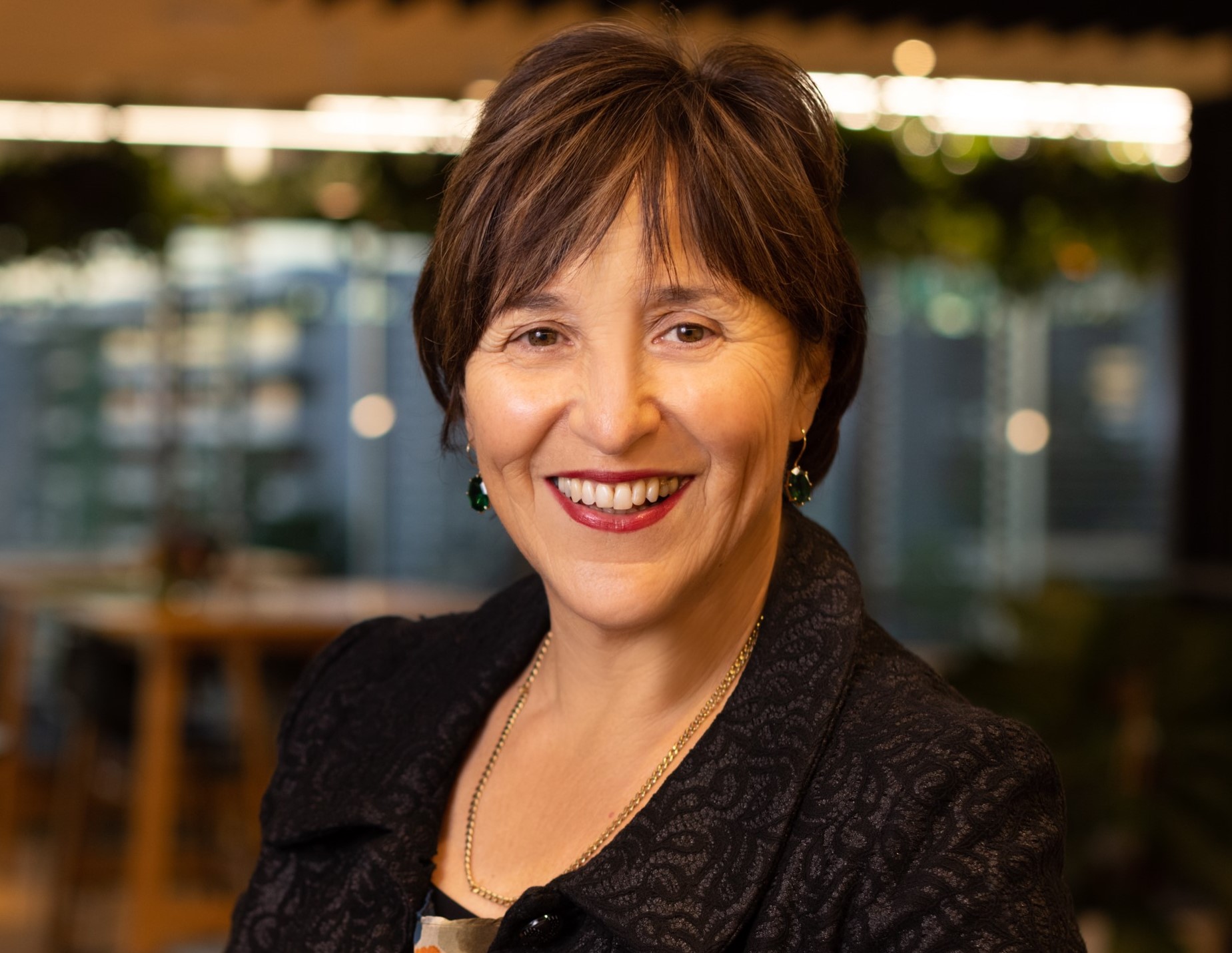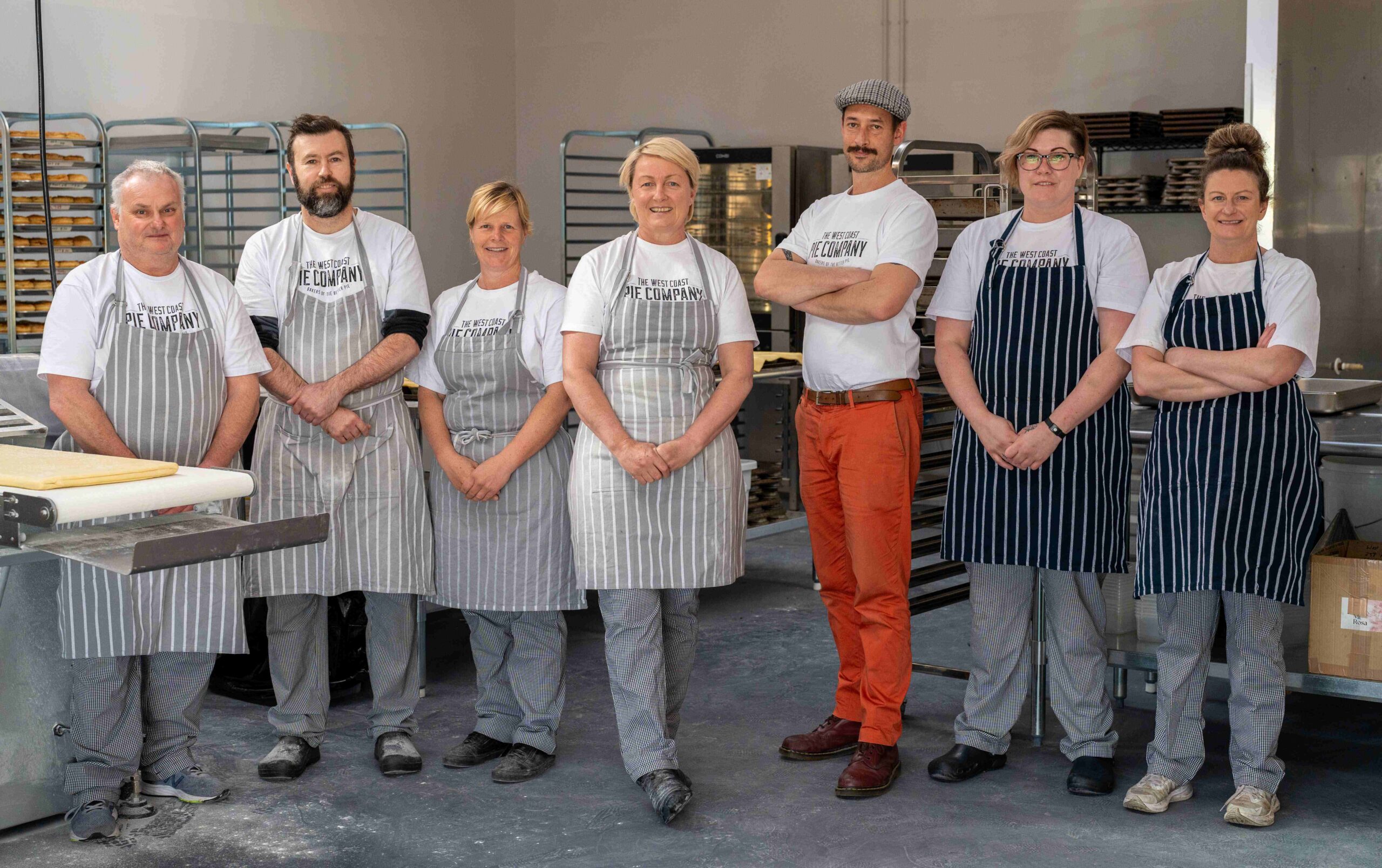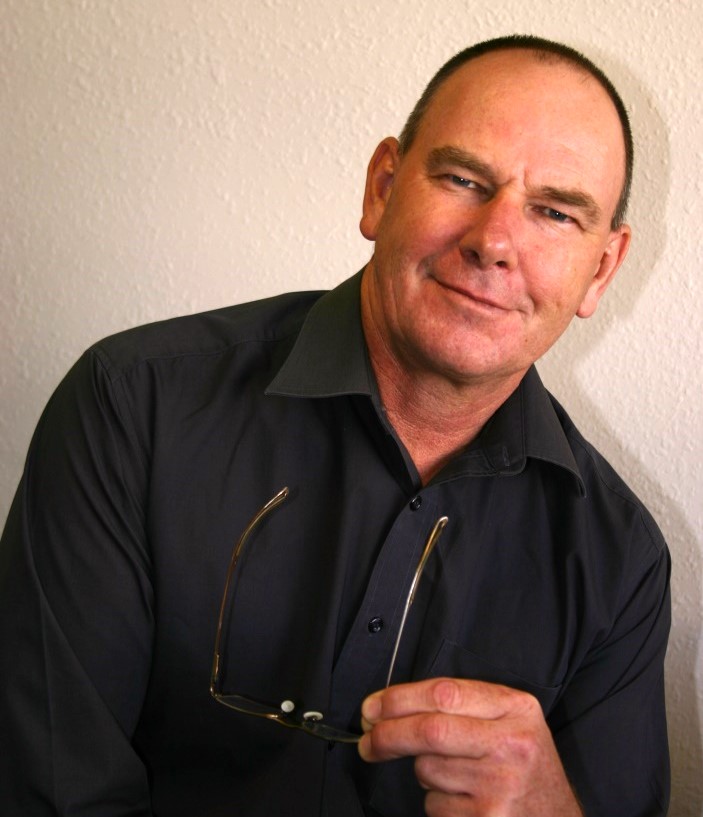Putting child and youth wellbeing at the heart of business
Businesses are increasingly looking at ways they can make a positive difference in their local communities. Many New Zealand businesses play a valuable role in supporting the wellbeing of our […]
Businesses are increasingly looking at ways they can make a positive difference in their local communities. Many New Zealand businesses play a valuable role in supporting the wellbeing of our children and young people – offering work experiences for young people, providing family-friendly workplaces, backing local initiatives, and through contributions of time, expertise and in-kind donations.
New Zealand’s first Child and Youth Wellbeing Strategy, launched in August 2019, can provide a useful guide for businesses seeking to help in this area.
Along with experts and science, the Strategy was informed by engagement with more than 10,000 people, including more than 6,000 children and young people. Feedback reinforced that while most young New Zealanders experience positive wellbeing, too many children and young people and their families are facing significant, often ongoing, adversity.
The Strategy’s vision ‘New Zealand is the best place in the world for children and young people’ sets a long-term aspiration that every child has a good life.
The Strategy sets out a shared understanding of what children and young people want and need, what government is doing, and how others can help so that we get the best results. It includes a Government Programme of Action to urgently reduce inequity. This work involves 20 government agencies and was backed by $3.5 billion in new spending in Budget 2019.
The role of the business sector
New Zealanders involved in the Strategy’s development say it needs to be bigger than government. It needs to harness the knowledge, energy and goodwill of all sectors, and at all levels. Success won’t be possible unless everyone is actively working towards the vision – parents, families and whānau, iwi, community groups, the philanthropic sector, business and local and central government.
The Strategy Framework can be used by anyone. Have a look, and consider what you could do to support children and young people and their families and whānau. Some themes and suggestions are included below:
Support strong communities
Most businesses understand they have a strong stake in their communities and many work to make things better for children, young people and their families, especially for those who may not otherwise be able to participate. Contributions can include:
- sponsorship and/or donations of funding, products or services
- volunteering time and expertise of staff
- partnering with local councils, NGOs or philanthropists on projects like community gardens, nature parks and playgrounds.
- training and supporting workers to develop their skills and capabilities as leaders within their community.
Support parents and caregivers in the workplace
The public engagement highlighted the need to value and recognise the importance of parenting, and enable parents and caregivers to be there for their kids. Children, young people and adults also spoke about better working conditions for their parents, so that they were able to spend more quality time with each other. Specific suggestions included:
- enabling employees to take time out to attend important events for their child like the first day of school, sports days and concerts, or through more flexible working arrangements
- ensuring that women are not disadvantaged due to pregnancy, motherhood or family responsibilities
- supporting the wellbeing and work-life balance of employees, including reducing excessive hours and work-related stress that could impact on their health and family life.
Provide work experience and opportunities
Young people said they need support to succeed and achieve their aspirations. Research suggests that the more exposure students have to employment-related activities at school, the more likely they are to enter high education, trades or training. Young people bring fresh ideas, digital skills and diversity into the workplace. They can also fill entry-level roles and be upskilled to meet the needs of businesses. Suggestions included:
- giving young people work-experience, apprenticeship and internship opportunities, so they can develop skills and confidence for employment (including supporting young enterprise programmes etc)
- participating in career talks and open days, to widen young people’s horizons and expose them to a range of employment possibilities
- actively seeking and listening to children and young people’s views, for example in the development of services or products.
Encourage diversity
Children and young people also said they need to be accepted for who they are and who they want to be. Some experience more discrimination than others, including Māori and Pacific, disabled youth, young parents, and those from the rainbow community. Being supportive of diversity in your business helps strengthen community cohesion as well as improving wellbeing. This might include:
- checking there aren’t job requirements that could be a barrier – eg does the position really require a full driver’s licence, and if so, can you support this skill development?
- considering hiring someone who’s positive and eager to learn, but who may not have previous experience.
Wellbeing for all children and young people is in everyone’s interest. It will lead to stronger families and whānau, and ultimately a more positive future for your business, your community and New Zealand as a whole.
For more information visit childyouthwellbeing.govt.nz. If you have some ideas to help – contact [email protected].






